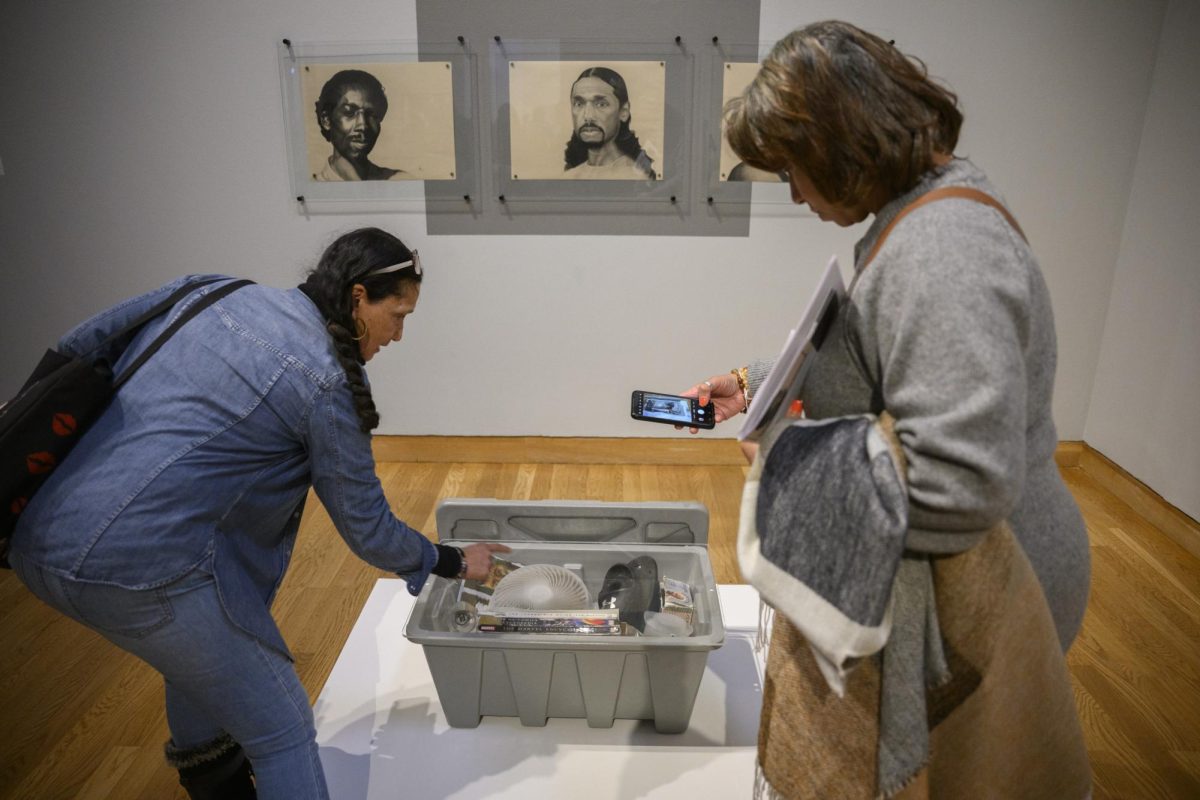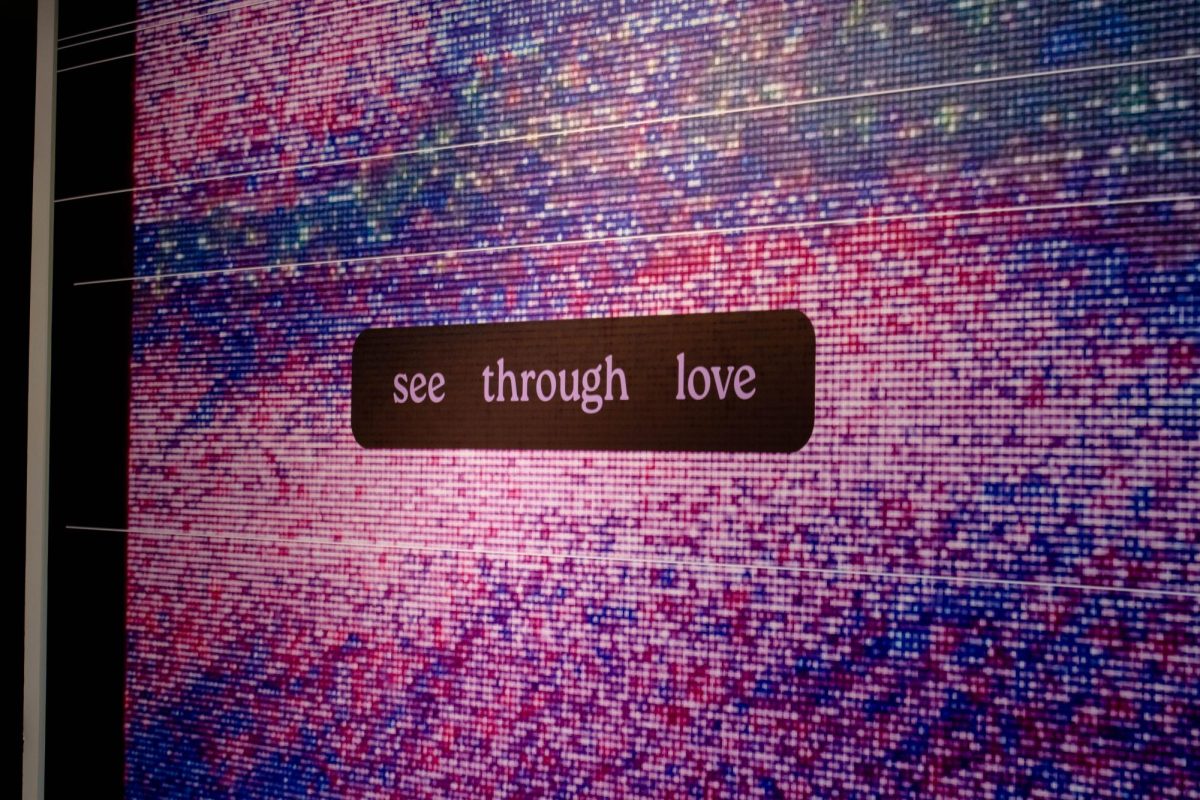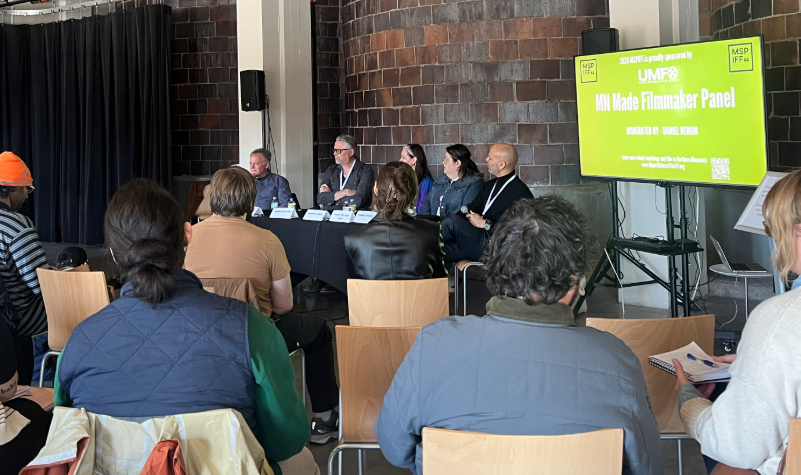The Guthrie’s first play in its new building will be an adaptation of local author F. Scott Fitzgerald’s classic novel “The Great Gatsby.” Matt Armendt, who plays the lead character in the play, attended the University between 2000 and 2004 and was a part of the Bachelor of Fine Arts program with the Guthrie. A&E asked Armendt about the new theater space and the context of Fitzgerald’s work today.
What ways can you foresee the opening of the Guthrie impacting the Twin Cities art scene?
In the spirit of what the Guthrie did in 1963, the idea that you don’t have to be in New York or Los Angeles to take part in excellent theater, and that theater is by and for the community in which it takes place. The idea that we’ve built a building like this here to talk about what is important to us, which is what is great about “The Great Gatsby” opening the building. This is really the point of theater, I think, is to have the kind of conversations about who we want to be and who we are and maybe how those things are different and what we want for the future and what we don’t like about the past. All those questions are forums that the theater really addresses. It’s one thing to sit and watch TV or movies, but in the theater you come and sit with your community members. That kind of forum is only going to be a powerful thing for the future of this city and the future of the country as a whole. The Twin Cities could become kind of a place where people could come to have those conversations about much larger communities.
Do you think that the Guthrie chose “The Great Gatsby” as their first play for that very reason?
It’s hard for me to speak about what the artistic staff was thinking, but I think that the fact that Fitzgerald was from St. Paul and that it is a world premier of a play and a building with someone who is connected to the community here. I don’t know if that is why they picked it, but I think that is why it’s a beautiful choice.
Tell me a little bit about your character, Nick Caraway.
It’s his story, really. In the book, he is the writer of the book, sort of. It’s his story about becoming an adult and learning things about how he feels about how the world works.
What are the differences between the play adaptation and book?
It’s a tricky thing to adapt for the stage because of Nick. You see the story through Nick’s eyes, if you take away Nick and just tell the story of Daisy and Gatsby it loses something really profound, which is the way that we experience life together and the way that we can abuse, love, hurt or help each other. And it’s really important that you see Nick process that. Hopefully, we’ll get that in this production, but it’s a really tricky thing to make him an active character in the scenes and not just someone who is watching.
What meanings will the audience be able to get from “The Great Gatsby,” a play that was written in an era of razzle-dazzle? What themes are easily translated?
In my opinion, and the playwright would probably disagree with me, is that it’s a story about hope. The ’20s were all about hope and the idea that the future was golden and we could live forever and were young and pretty and rich. And what could be better than this?
So the reason why the story is set in that context, I don’t consider it to be really a story of the ’20s. It’s really a story of your hopes and dreams and what you will do to make your dreams come true. It’s a bit of a warning to us today about what is important to us and what we’re willing to do to fight for the things that we love. That’s what Gatsby is to Nick. He is a man who would do anything to get what he loves, and that is pretty inspiring.







